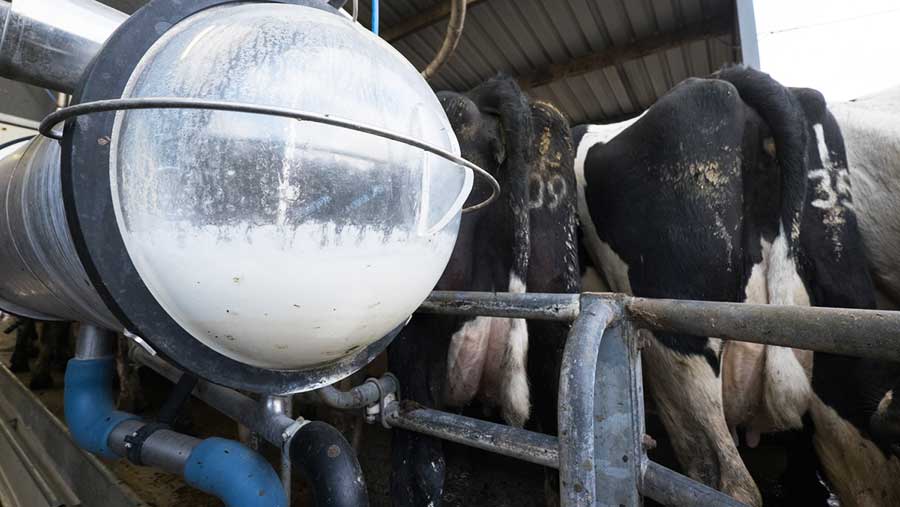Peers call for new approach to tackle low farm prices
 © Tim Scrivener
© Tim Scrivener A fresh approach is needed to help farmers meet the challenge of low market prices – rather than relying on the blanket distribution of direct payments, says a House of Lords report.
Published by the House of Lords EU energy and environment sub-committee, the 71-page study investigates what needs to be done to strengthen the resilience of the farming sector to challenges such as market volatility and low agricultural commodity prices.
Unanticipated and sustained periods of low commodity prices are more damaging than increases in volatility, suggests the report. Volatility is a normal market risk to be managed by farmers – and levels of volatility are no greater now than in the past, it argues.
See also: 10 ways to lessen pain of low prices
Rather than focusing on direct payments, the report recommends that the CAP is reformed so it primarily supports the provision of public goods. This would include increased food security, high animal welfare standards and environmental stewardship.
While direct payments would continue to help farmers to withstand periods of low prices, the report says blanket reliance on such support measures can also stifle innovation and make it difficult for new farmers to enter the sector.
Occasional public support is needed to protect farmers from unpredictable market disruption, such as extreme weather or the Russian ban on EU imports, says the report. But long-term policy should focus on building farmers’ resilience and their capacity to manage risks, it says.
The report says the government should work with the private sector to develop new financial tools accessed by farmers under Pillar 2 of the CAP. It also recommends that the European Investment Bank speeds up work on instruments to help farmers mitigate the impact of volatility.
Committee chairman Baroness Scott said farmers across the EU did a “vital job” in ensuring the safe supply of food and managing the land. It was time for the CAP to be reformed to more fully recognise the holistic service farmers provide for society, she added.
“Income support for farmers in the UK and in the wider EU should continue as the conditions for agriculture are more challenging than in many other major producing countries. Nevertheless, public money should not be used to simply prop up inefficient farmers.
Role to play
Baroness Scott said direct payments still had a role to play and the committee was not proposing a move to a US-style insurance based approach. But the pronounced focus on blanket income support, rather than more targeted subsidies, did little to reward competitive farm businesses.
The Country Land and Business Association said the report demonstrated why the government must commit to maintaining direct land management payments to farmers whatever the outcome of the forthcoming referendum on EU membership. CLA president Ross Murray, who gave oral evidence to the committee’s inquiry, said: “The House of Lords report sets out very clearly that direct land management payments are, and will remain, critical for the future of the agricultural industry.
He added: “It is reassuring that influential committees such as this recognise direct land management payments are vital to ensuring a robust future for UK food production as well as the delivery of public goods through land stewardship, which benefit everyone.”
A “Plan B” for agriculture in the event that the UK votes to leave the EU would reassure growers and livestock producers that the necessary support for farming and land management would continue outside the CAP, up to 2020 and beyond, said Mr Murray.
